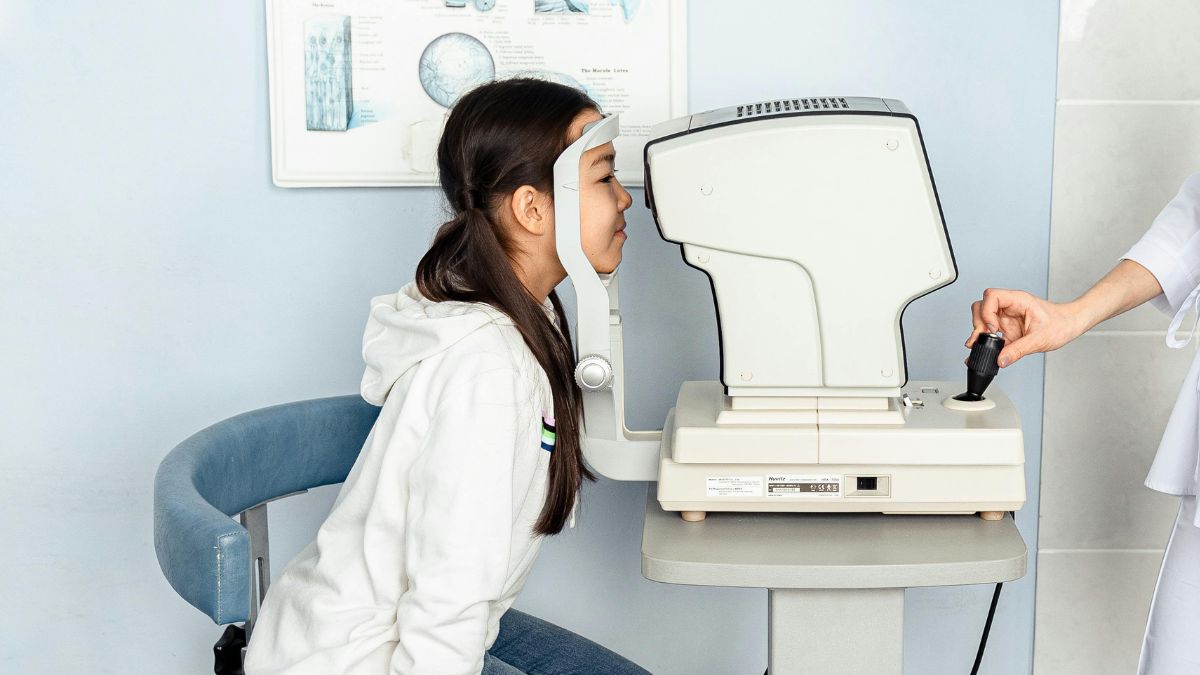
Signs Your Child May Need Glasses
Is your child squinting at screens? This behavior could indicate potential vision problems that are quite common among children. Often, kids are not able to articulate their eyesight issues, which can significantly affect their learning ability, attention in school, and overall self-confidence. This is why professionals emphasize the importance of regular eye check-ups starting at an early age. Minor issues can escalate if left untreated, leading to bigger challenges.
Research suggests that approximately one in five children has refractive errors, which may manifest as short-sightedness, long-sightedness, or astigmatism. Such conditions can impair vision and necessitate proper treatment. According to the American Academy of Ophthalmology, early diagnosis is key as it simplifies the treatment process and improves outcomes, preventing complications like lazy eye (amblyopia).
Children often do not communicate their vision struggles. However, certain behaviors can serve as effective indicators. For instance, if your child squints frequently, sits unusually close to the television, or holds books very close to their face, these might be signs of short-sightedness. Additionally, frequent complaints of headaches, continuous eye rubbing, or difficulty concentrating while reading could signal a vision problem.
Sometimes children may tilt their heads to see better or avoid activities that require focus, such as puzzles and board games. Educators have noted instances where children fail to replicate what is written on the blackboard or have difficulty following lessons.
Even if a child exhibits no symptoms, doctors recommend their first comprehensive eye check-up between the ages of three and five. Following this initial check-up, children should have regular eye examinations at least once a year or twice a year if any symptoms arise. Early screening is especially vital for children with a family history of eye conditions.
Eye tests for children are designed to be simple and stress-free. Rather than using letters, doctors may incorporate pictures, symbols, or interactive games to assess vision. Encouraging your child and explaining what to expect can alleviate any anxiety about the process.
Good vision is essential for your child’s overall growth, learning, and self-assurance. If you notice signs like squinting or sitting too close to screens, don’t hesitate to schedule an eye check-up. Even if everything appears fine, a routine examination before school age is a proactive step to ensure their world stays sharp and bright.










